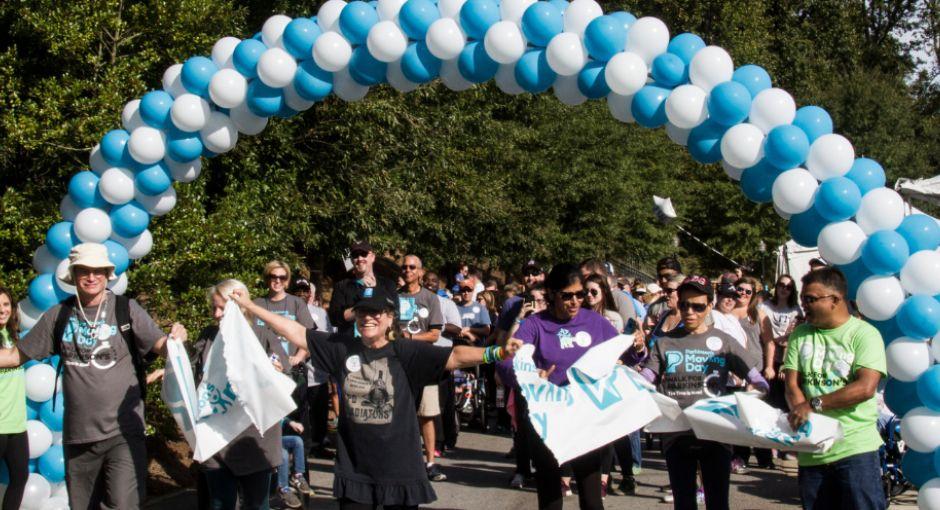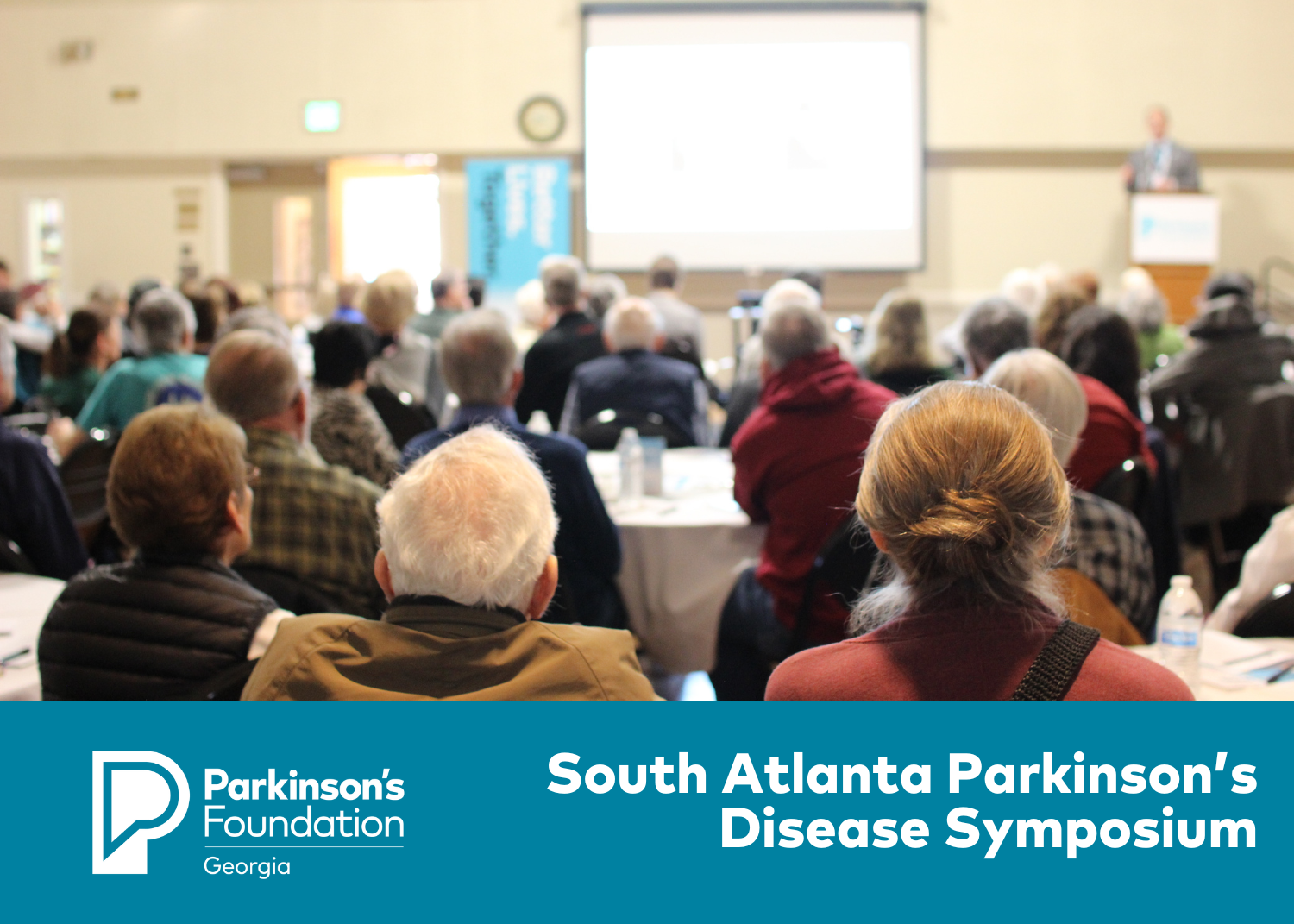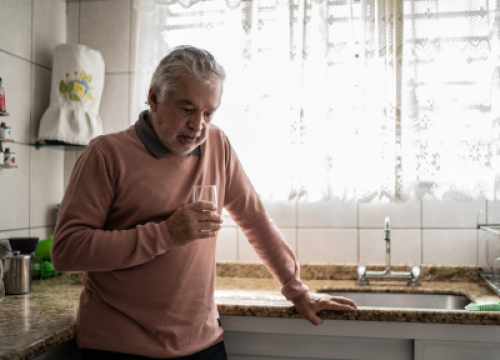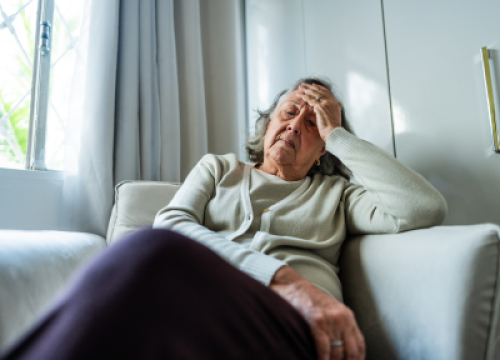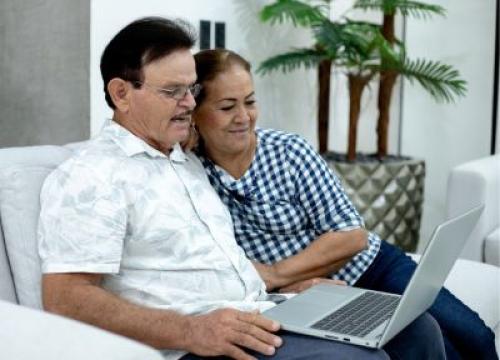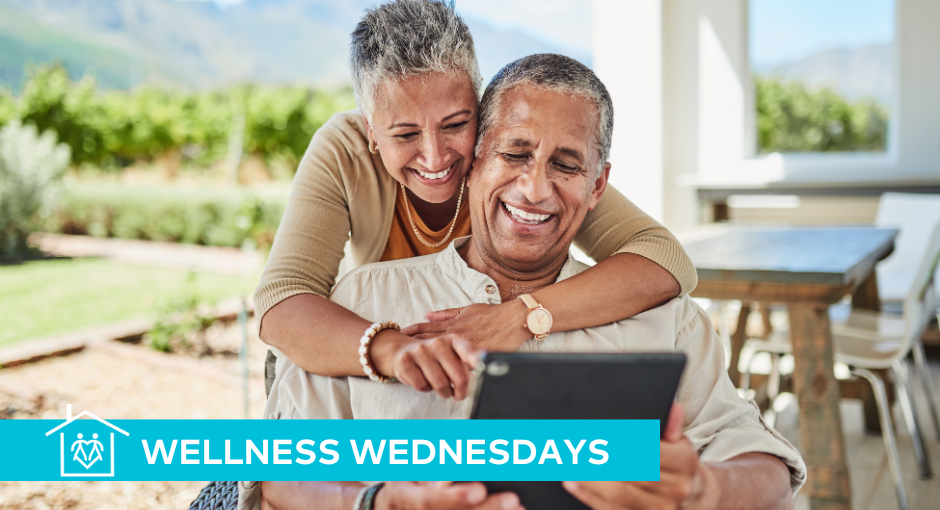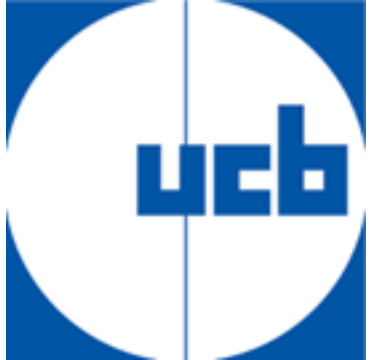Mindfulness Mondays - Mental Wellbeing
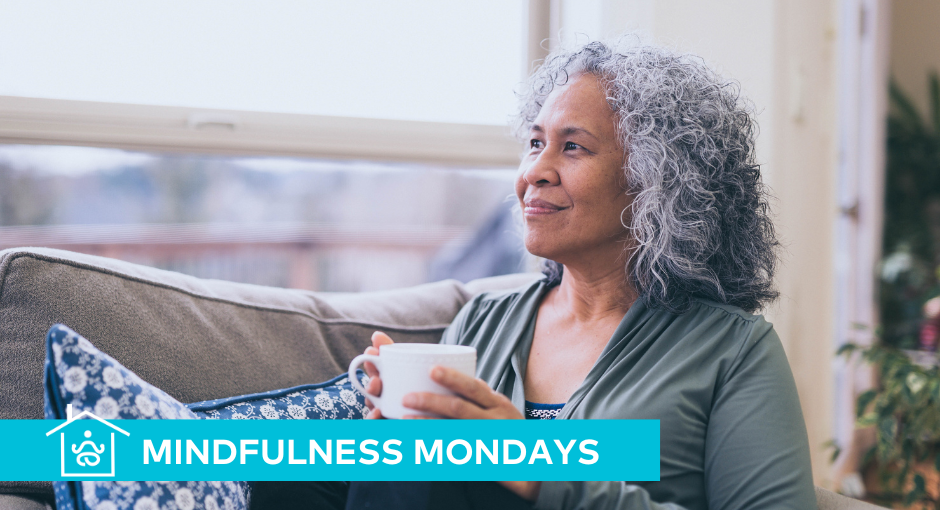
In sessions with Dr. Rush, we explore different dimensions of a mindfulness practice. She will share ways to ground and settle the mind and body. These mindfulness techniques can offer moments of respite and clarity that can be useful throughout your week. Find a comfortable seat and join your mindful Parkinson's community for a special session. Whether this is your first mindfulness Monday, or you are a returning participant, these sessions are created with the intention of including everyone. There will be time for questions following the practice.
Whether this is your first mindfulness Monday, or you are a returning participant, these sessions are created with the intention of including everyone. There will be time for questions following the practice.
Speaker
Taylor Rush, Ph.D
Health Psychologist, Director of Behavioral Services and Interdisciplinary Programs, Center for Neurological Restoration, Cleveland Clinic
There is no charge to attend, but registration is required. This program is open to people with Parkinson's, their family, friends, and the community.
Contact Us
Crista Ellis
This is a virtual program, taking place live, using the online Zoom platform. Instructions on joining the webinar are provided after registering.
PD Health @ Home is presented by the Light of Day Foundation, whose generosity has made this programming possible.
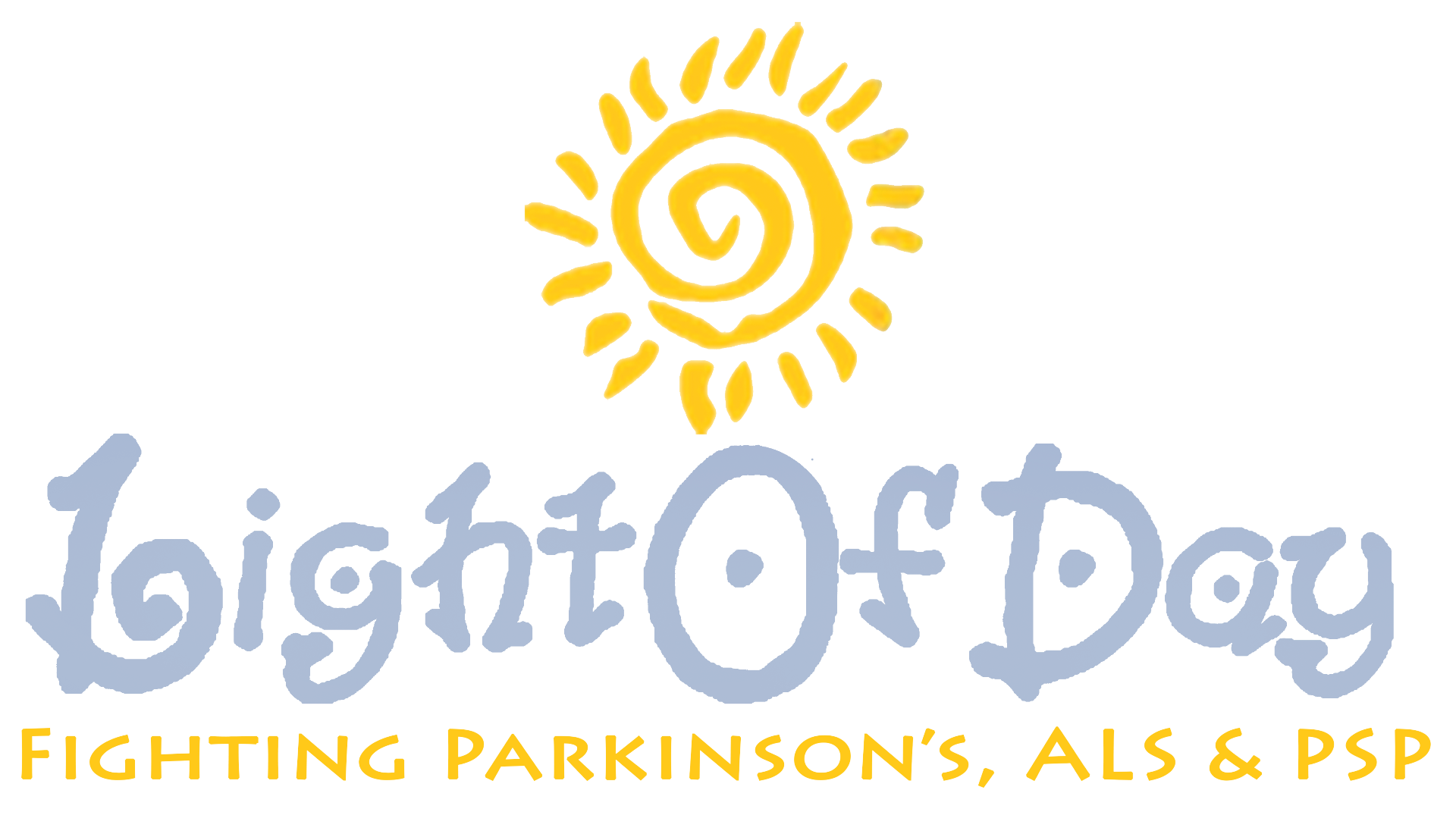
|
Upcoming Events
Mindfulness Mondays - Cultivating Connection and Presence in the Holidays
This session highlights mindfulness practices to help you stay present and savor meaningful connections.
Mindfulness Mondays - Setting Intentions with Self-Compassion
Start the year by setting meaningful intentions and embracing self-compassion.
Mindfulness Mondays - Embracing Beginner’s Mind
Through guided mindfulness practice, we’ll explore curiosity, openness, and the ability to see each moment, and each symptom, as new.
